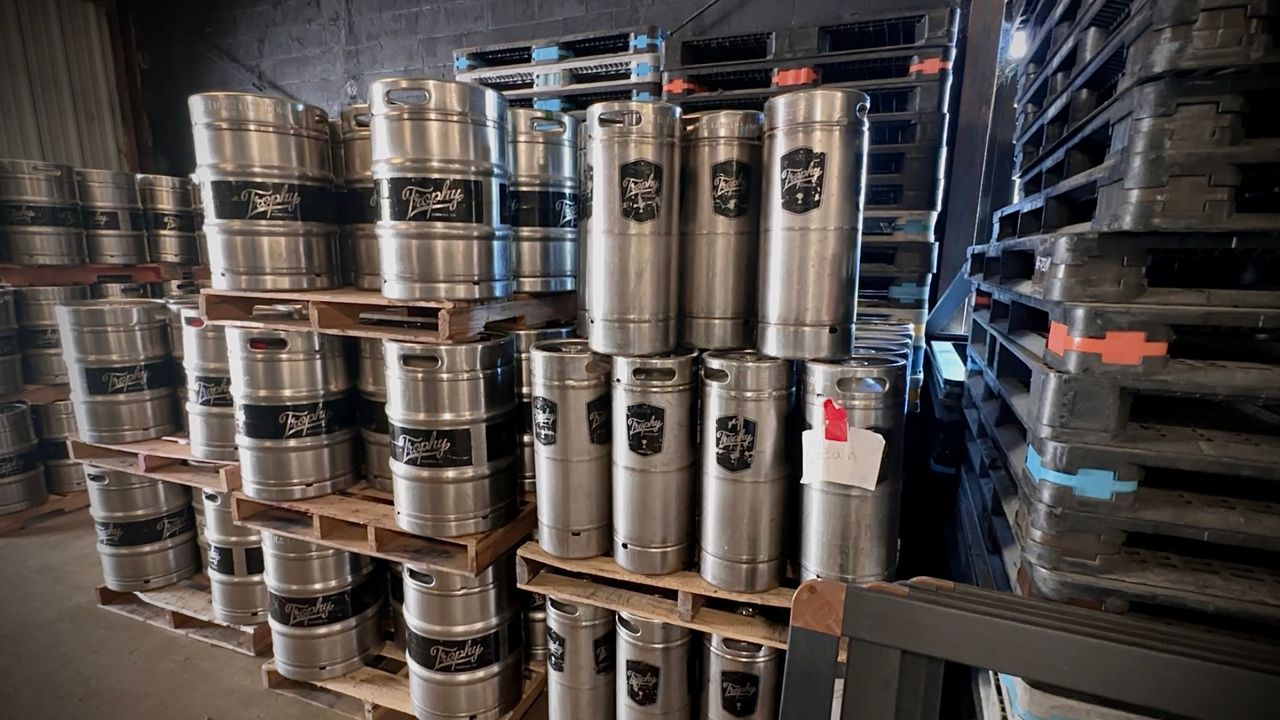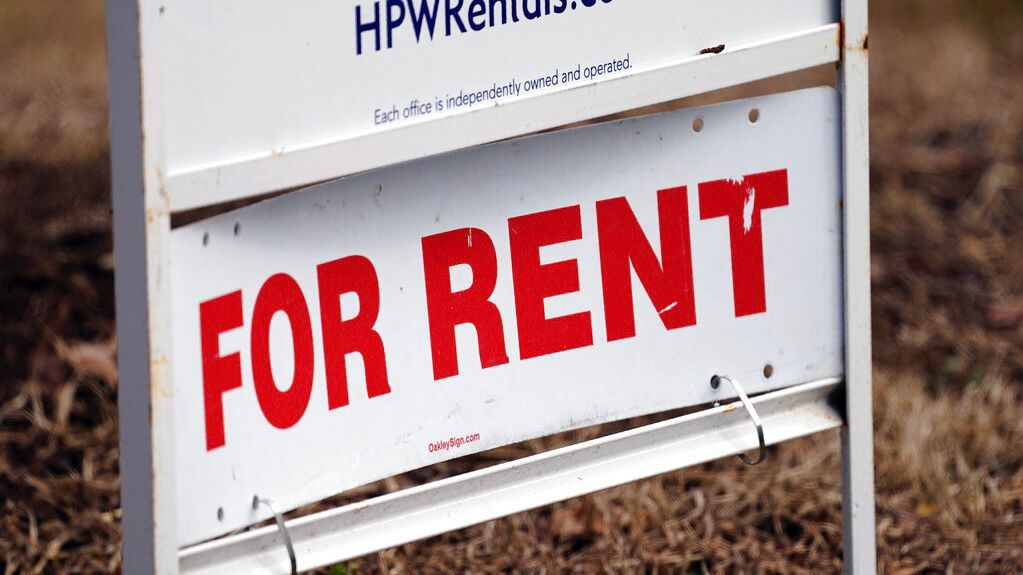There are calls for an investigation into price gouging against one of the egg industry's biggest companies.
Small egg operations face challenges getting eggs to market
Robbie Cox says feed prices are higher than normal
Avian flu could destroy their business because of a lack of offsetting revenue
Farm Action, a farmer-led advocacy group, sent the Federal Trade Commission a letter. The group asked the FTC to look into potential price gouging by Cal-Maine foods, which controls up to 20% of the market.
The group's claim is that the company’s business practices have contributed to the largest price jumps for a dozen eggs in American history. The cost of 12 eggs is $4.25 according to the Bureau of Labor Statistics.
Beyond supply chain disruptions and inflation, avian flu is one of the main causes of high prices. The U.S. Department of Agriculture reported more than 58 million birds have been selectively killed since last February because of the disease.
What is less known are the challenges small farmers face with maintaining their own production.
Robbie and Janie Cox run a six-acre, free-range egg farm near Goldsboro. The Cox family said the disease could wipe away their flock and take out their business.
That’s not the only hurdle they face. There’s also the cost of other expenses on their small farm.
Every day starts the same for Robbie Cox. He hops in his 4x4 utility vehicle and rides down to his hen houses.
The 76-year-old said at his age, his favorite part of the job is easy.
“Being able to go do it is the best part,” he said.
Making a living like this requires hands-on work.
“This is where it starts at,” he pointed to a pasture.
What lies ahead is a full day’s work.
“You’ve got to make sure they’ve got feed and water,” he said.
Before entering the chicken houses, Cox steps in some disinfectant. He doesn’t want to expose his flocks to any pathogens.
“That’s real, real important. That’s the life (or death) of them,” he said.
These hens are healthy. Bird flu has not hit his flock yet.
The farmer picks up dozens of eggs throughout the course of the day.
His greatest challenge is making a profit.
“It’s real hard. There ain't enough money in it,” he said.
He and his wife made nearly $40,000 in sales in 2021. Last year they made even more.
“You just have got to have enough eggs coming in to make this pay,” he said.“You just have got to have enough eggs coming in to make this pay,” he said.
Keeping these birds well-fed isn’t cheap. They spend several hundreds of dollars on 2,000 pounds of chicken feed every two weeks. There is also a payroll to budget for staff.
To an outsider, retirement might seem like a good thing — but not yet for this aging farmer.
“If I wasn’t planning on enjoying it I wouldn’t do it,” he said.
He was raised on a tobacco farm about a mile down the road from where they live now.
Farming is in his blood. Just how much longer is the question.
Financially surviving avian influenza may not be possible.
“That will put you out of business real quick,” Cox said.
They don’t make enough money from the squash, tomatoes and other vegetables they grow to offset the potential loss suffered from dead flocks.
There’s also transportation.
“You’ve got to add your fuel costs,” he said.
Diesel fuel costs them $5 per gallon for 300 to 400 gallons per delivery. Replacing older hens with younger egg layers is also a reality.
“It’s a process. It’s just something you know you gotta do,” he said.
The egg baskets he walks out of the chicken houses with every day will determine their livelihood for 2023.
Another ripple effect of avian flu farmers are noticing are the delays in when farmers can get new chickens. A fair portion of the couple’s flocks came from the midwest, where the disease hit flocks the hardest. Fewer egg-laying hens mean fewer eggs they are taking to market for a smaller profit.










